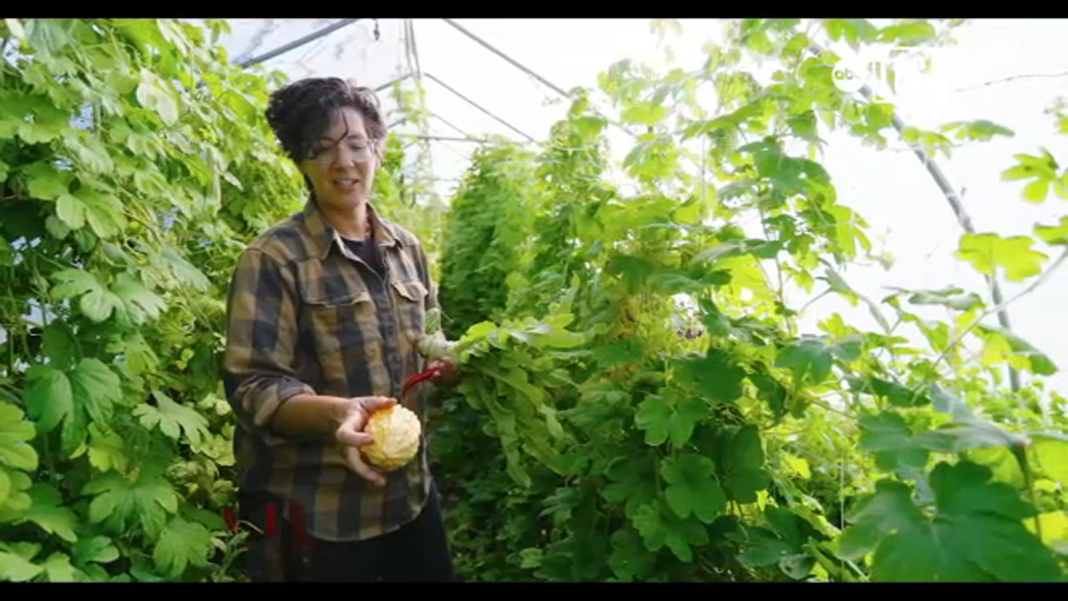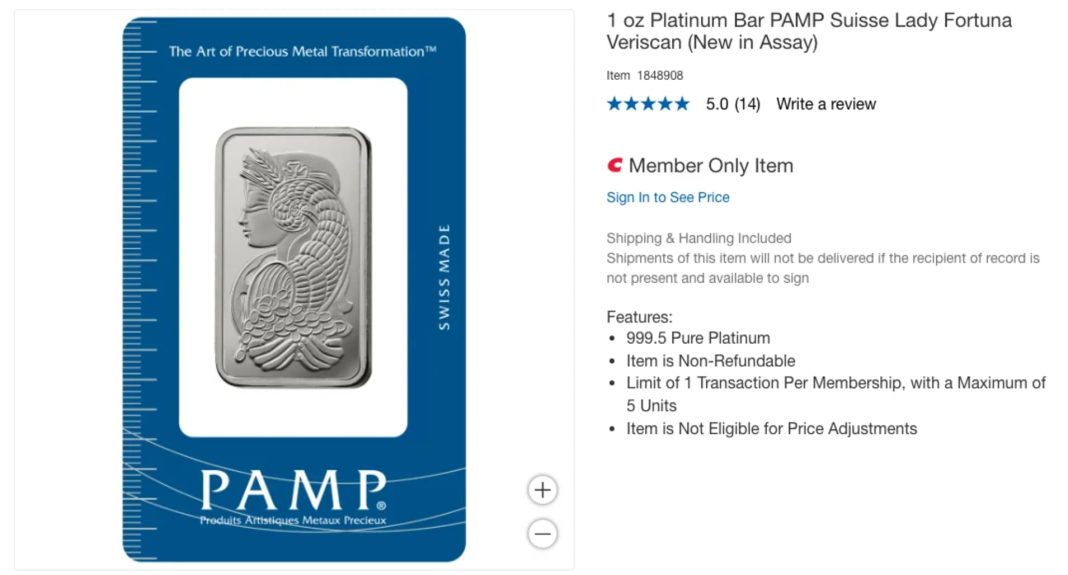In the lush expanses of Sebastopol, California, a remarkable journey unfolds on a modest 3-acre plot, where Leslie Wiser is weaving together the threads of her Taiwanese heritage and her present as a mother and farmer. This narrative is not just about farming; it’s a story of rediscovery, cultural connection, and the resilience of identity.
Leslie’s journey begins with her unique background. Born to a Chinese-Taiwanese mother and a father of German and Polish-Jewish descent, she grew up in the Midwest, where the echoes of her family’s past were often muted by the trauma of war and conflict that led them to America. Her parents, having fled from their histories of hardship, rarely spoke of their origins, leaving Leslie with a sense of disconnection from her cultural roots. “I had a friend say that she loves Chinese broccoli or Gai lan. I had never heard of it. And I was very intrigued and also a little ashamed that I had no idea what this vegetable was, and I’m half Chinese,” she recalls, highlighting the internal struggle many individuals face when navigating mixed heritages.
In 2018, Leslie took a bold step toward bridging this gap. Leaving the corporate world behind, she embarked on a transformative journey to Taiwan with her two young children, primarily to immerse herself in the language and culture. This trip proved pivotal in shaping her identity and future endeavors. “They had a little garden, a little culinary garden. And it was really cool to see the vegetables that they were growing,” she reflects, underscoring the profound connection between food and cultural identity.
Today, Leslie’s farm is a vibrant tapestry of the vegetables that were staples in her family’s kitchen, including bitter melon, Bok choy, celtuce, Sichuan peppercorn, and even chrysanthemum tea. Each plant embodies a piece of her heritage, cultivated with care in the hoop house she built. The meticulously organized layout of her farm not only showcases her farming skills but also serves as a testament to her dedication to preserving and sharing her culture.
Leslie’s story resonates with many who seek to reconnect with their roots in an increasingly globalized world. Recent studies have shown that food plays a crucial role in cultural identity and community bonding. According to food anthropologist Dr. Barbara J. Smith, “Food can be a powerful medium for expressing identity and heritage. It’s a way to communicate who we are and where we come from.” Leslie embodies this sentiment, as she passionately shares her knowledge of Taiwanese vegetables with local communities, helping to bridge the gap between cultures.
Now, as Leslie reflects on her journey, she expresses a sense of fulfillment and purpose. “Now I feel like I’ve accomplished that and learned so much about myself. And now it’s really just finding pleasure in the farming now and making sure that the business is viable and changing to a more sustainable direction.” This commitment to sustainability is increasingly important in today’s agricultural landscape, where the impact of climate change looms large. Leslie’s focus on eco-friendly practices not only ensures the viability of her farm but also honors the land and traditions she cherishes.
As she continues to cultivate her farm and her identity, Leslie Wiser stands as a beacon for others navigating similar paths. Her journey is a compelling reminder that farming can be more than just a means of livelihood; it can be a profound act of cultural reclamation and personal empowerment. For those interested in following her inspiring venture, she shares her insights and experiences on Instagram at @RadicalFamilyFarms.
In a world where cultural connections can sometimes feel tenuous, Leslie’s story is a heartening example of how one can cultivate not just the earth, but also a deeper understanding of oneself and one’s heritage.


